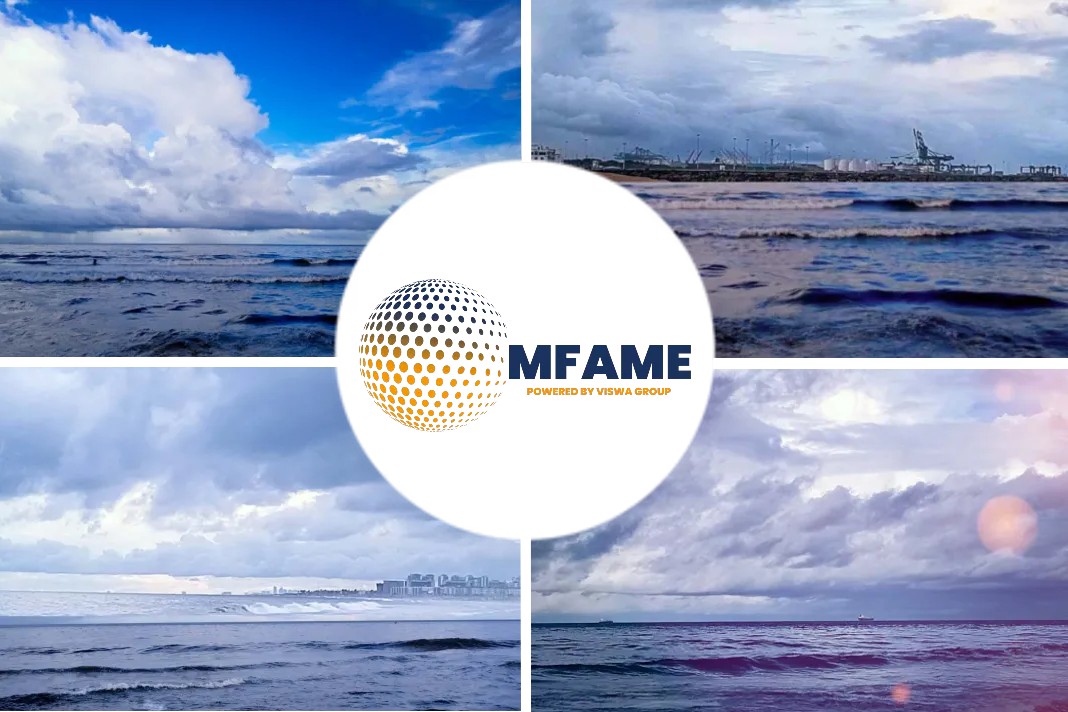
Shell Western LNG B.V (Shell) and Hapag-Lloyd today announced the signing of a multi-year agreement for the supply of liquefied natural gas (LNG) to Hapag-Lloyd’s ultra large dual-fuel container vessels of 23,500+ twenty-foot equivalent units (TEU). Bunkering for these twelve new vessels is expected to commence during the second half of 2023 and LNG will be supplied in the Port of Rotterdam. The modern ships will be deployed on Europe-Far East routes and call at major ports including Rotterdam, Hamburg, Singapore, and Shanghai, says an article published on their website.
Reducing the emissions
Using LNG enables Hapag-Lloyd to immediately reduce the CO2 intensity of these vessels by up to 23% compared to conventional fuels. Additionally, the use of LNG supports the almost complete reduction of particle emissions. This is another important step for Hapag-Lloyd to reduce emissions and decarbonise its fleet in line with its goal of becoming net zero carbon by 2045.
As a hard-to-abate sector, Shell is exploring the viability of, and investing in a range of fuels, technologies and solutions that will help decarbonise shipping. This includes the use of LNG, where through an extensive network of 15 LNG bunkering locations in 10 countries globally, Shell has already achieved over 1,000 safe ship-to-ship bunkering operations to its marine customers.
In addition to the LNG supply agreement, Shell and Hapag-Lloyd have entered into a strategic collaboration agreement intended to accelerate the further decarbonisation of alternative marine fuels. Initial focus will be given to developing the potential of additional low carbon fuels solutions including liquefied biomethane and the hydrogen-based fuel liquefied e-methane. Liquefied biomethane as a marine fuel has the potential to reduce greenhouse gas emissions by between 65% and 100%.
Did you subscribe to our daily Newsletter?
It’s Free! Click here to Subscribe
Source: Hapag-Lloyd






















